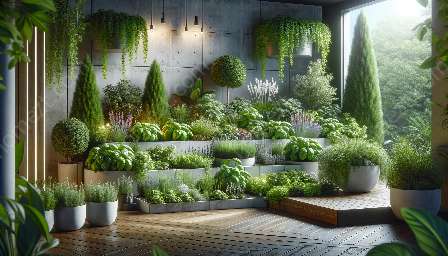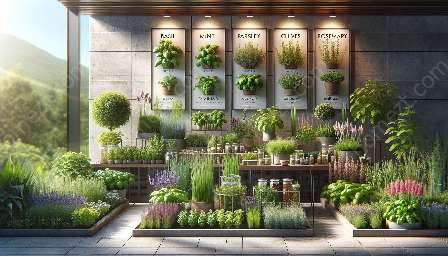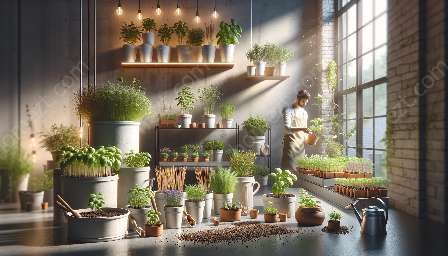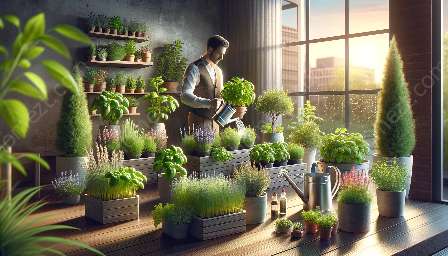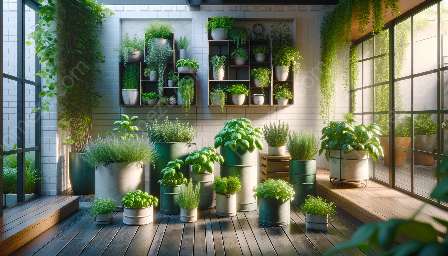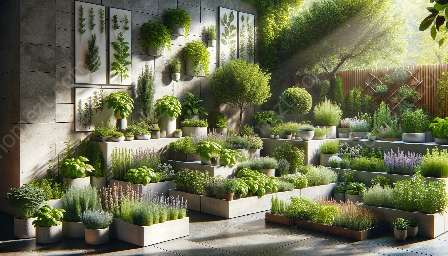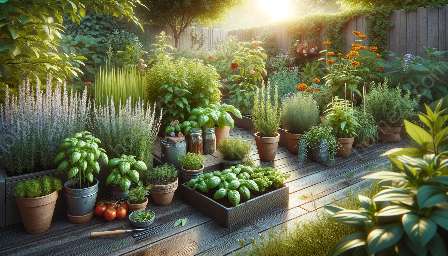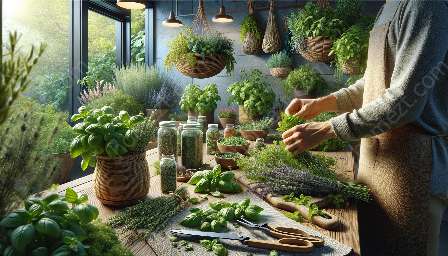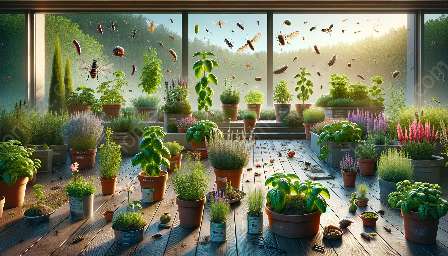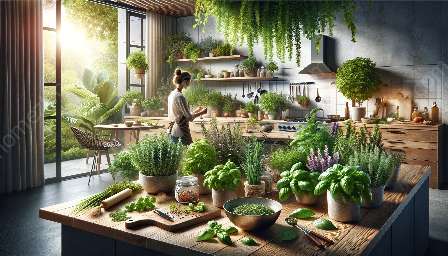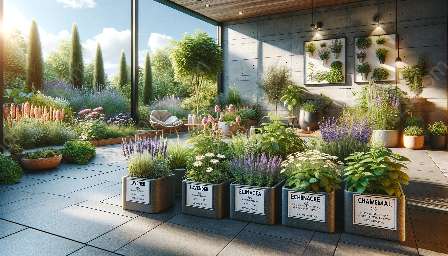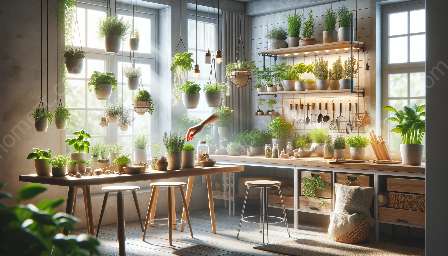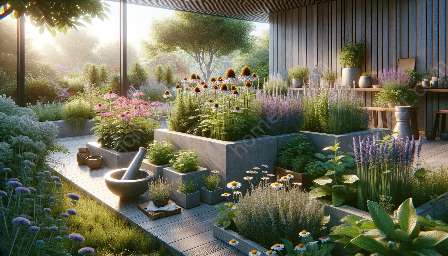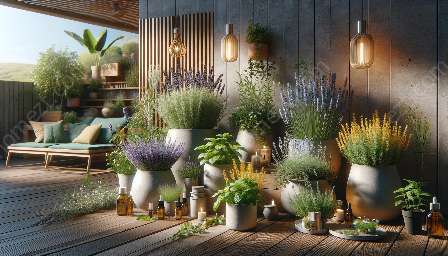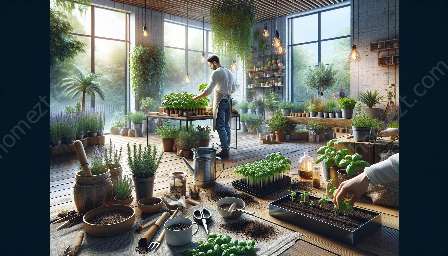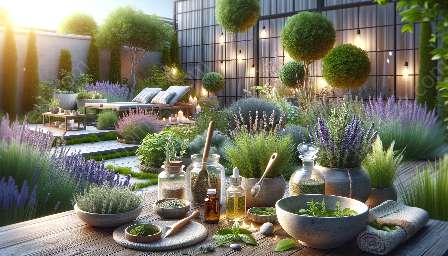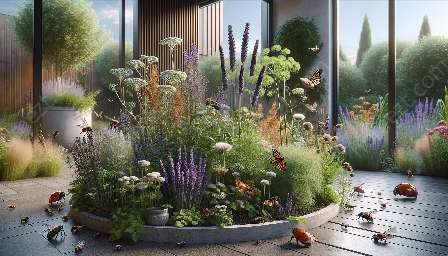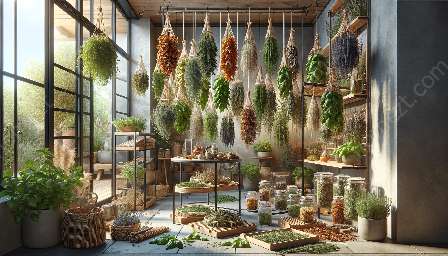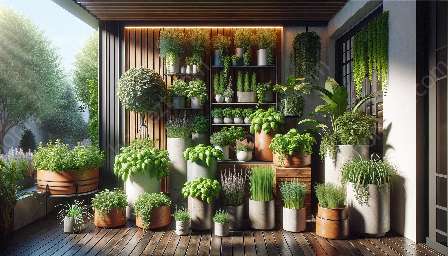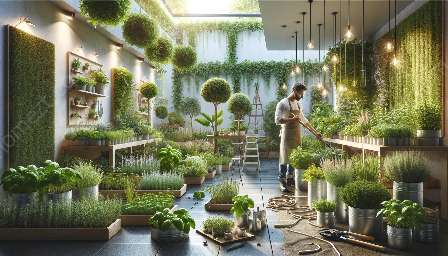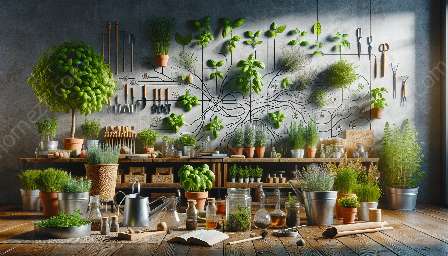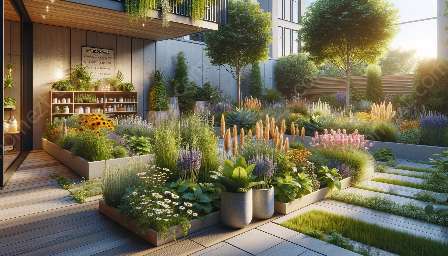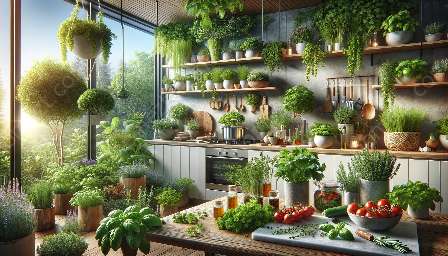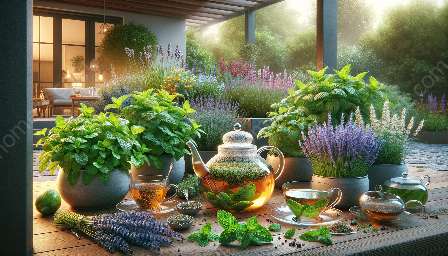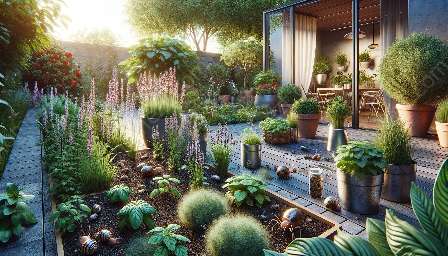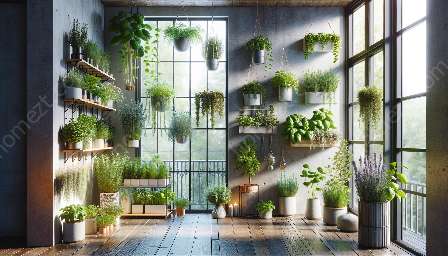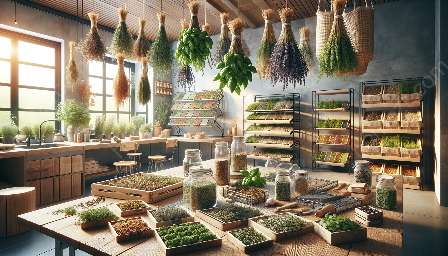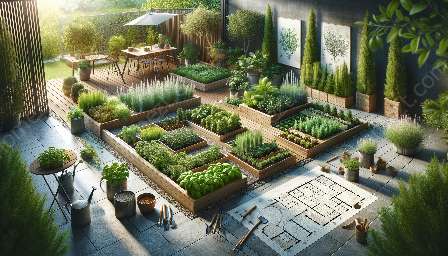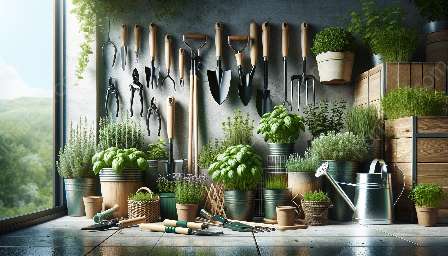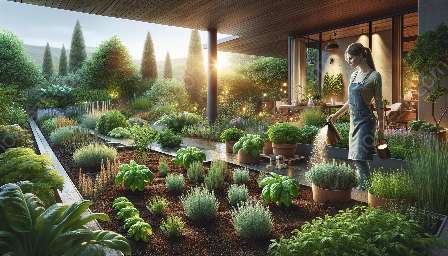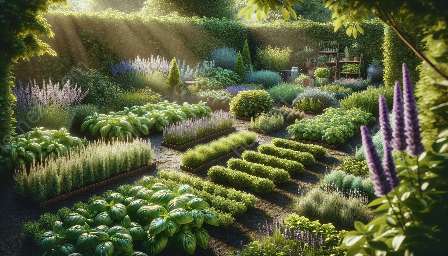Herbs are not just flavorful additions to culinary dishes; they can also add aesthetic value to your garden. Cultivating a herb garden is a rewarding experience, and learning to propagate herbs can significantly enhance your gardening journey. In this comprehensive guide, we'll explore the world of propagating herbs, delve into the art of herb gardening, and consider the synergy of these practices with gardening and landscaping.
Understanding Herb Propagation
Before delving into the specifics of propagating herbs, it's crucial to understand the fundamental methods and techniques involved. Herb propagation can be achieved through various means, such as seeds, cuttings, divisions, and layering.
Seeds
Seeds serve as a popular starting point for herb cultivation. Whether sowing them directly in the garden or starting them indoors, understanding the germination requirements of different herbs is essential for successful propagation. By providing adequate moisture, temperature, and light conditions, you can nurture these tiny seeds into robust herb plants.
Cuttings
Propagating herbs from cuttings can be a quick and efficient method. By carefully selecting healthy stem cuttings and providing them with the appropriate environment for root development, you can create genetically identical clones of the parent plants. This technique is especially useful for herbs that are challenging to grow from seeds or require a specific variety.
Divisions
Dividing herb plants involves separating the root systems to create new plantings. Herbs like mint and chives benefit from division, as it not only aids their propagation but also revitalizes the parent plants. Division is a great way to rejuvenate overgrown herb patches and expand your garden with minimal effort.
Layering
Layering, a less common but effective propagation technique, involves inducing roots on the stem while it's still attached to the parent plant. This process allows new plants to form from the original plant, making it a simple yet efficient method for certain herbs.
Herb Gardens: A Fusion of Beauty and Function
Herb gardens are a delightful blend of practicality and aesthetics. When planning and designing your herb garden, consider elements such as soil, sunlight, water, and spacing to create an environment conducive to herb growth. Integrate your knowledge of propagating herbs to maximize the diversity and abundance of your garden.
Garden Design
Integrating herbs into garden designs enhances the visual appeal and functionality of the space. Whether it's incorporating herbs into traditional garden beds, creating dedicated herb spirals, or designing container herb gardens, there are endless possibilities to infuse your landscape with the charm of herbs.
Companion Planting
Explore the symbiotic relationships between herbs and other plants to create harmonious and thriving herb gardens. Companion planting not only promotes biodiversity and natural pest control but also maximizes the flavor and growth of your herbs. By strategically placing herbs alongside compatible plants, you can boost the health and productivity of your garden.
Gardening and Landscaping: Nurturing Herb Environments
Integrating herb gardens into broader gardening and landscaping endeavors presents an opportunity to blend creativity, sustainability, and functionality. Understand the interplay between herb propagation, garden design, and landscaping to cultivate an integrated and visually captivating outdoor space.
Sustainable Practices
Embrace sustainable gardening practices to complement your herb propagation efforts. From water conservation and soil health to organic pest control measures, incorporating eco-friendly techniques ensures the longevity and vitality of your herb garden and the surrounding landscape.
Landscaping Harmony
Consider how your herb garden can seamlessly merge with your overall landscape design. Whether it's integrating herbs into existing flower beds, designing herbaceous borders, or creating thematic herb gardens, harmonizing the elements of gardening and landscaping enhances the overall appeal of your outdoor space.
Conclusion
Propagating herbs and crafting enchanting herb gardens are not just horticultural pursuits; they are artistic expressions that beautify and enrich living spaces. By understanding the intricacies of herb propagation, cultivating stunning herb gardens, and integrating these practices into gardening and landscaping, you can create a tapestry of sensory delights and natural splendor within your surroundings.
Explore and Create
Embark on a botanical adventure, experiment with herbs, and infuse your garden with the wondrous diversity of fragrances and flavors. Whether you're a novice or seasoned gardener, the world of propagating herbs is an ever-unfolding canvas of discovery and delight.

